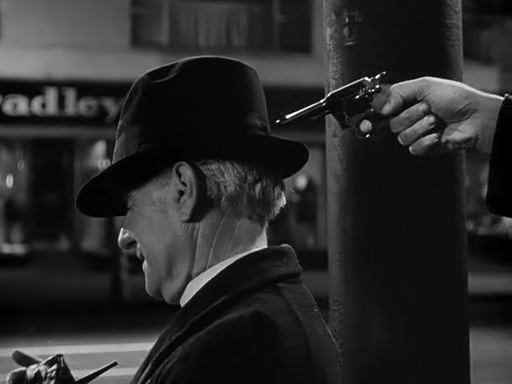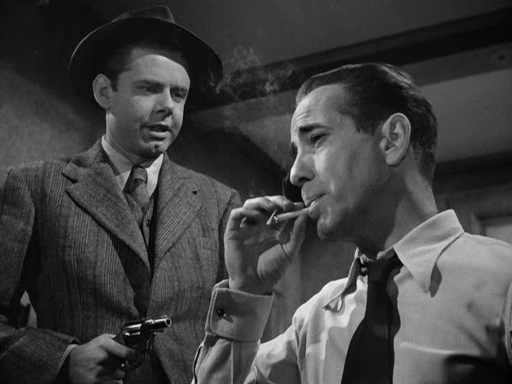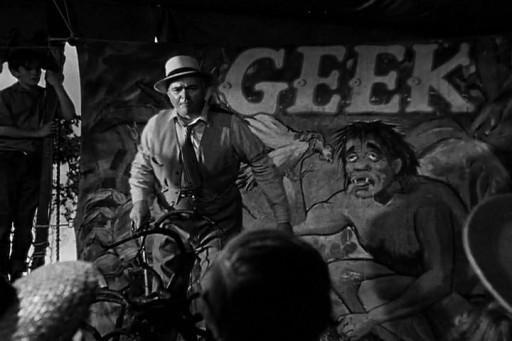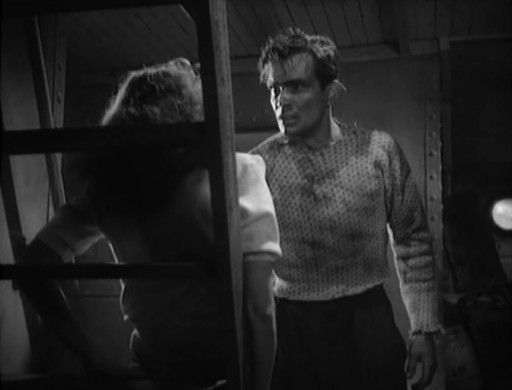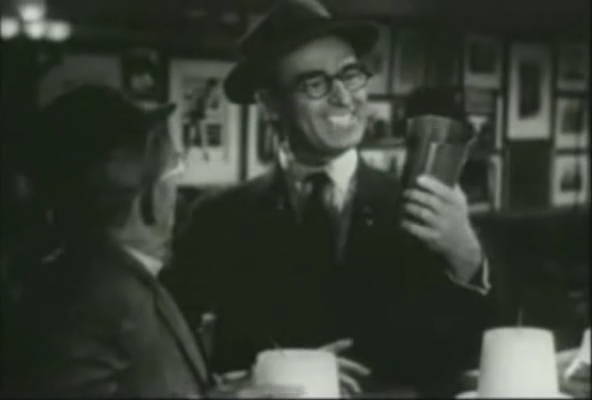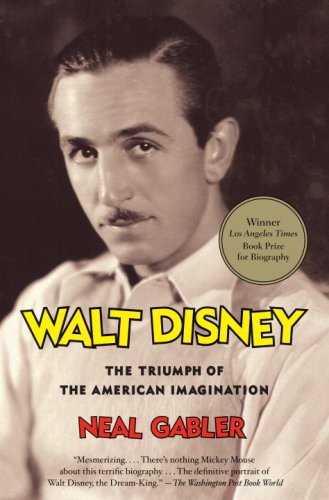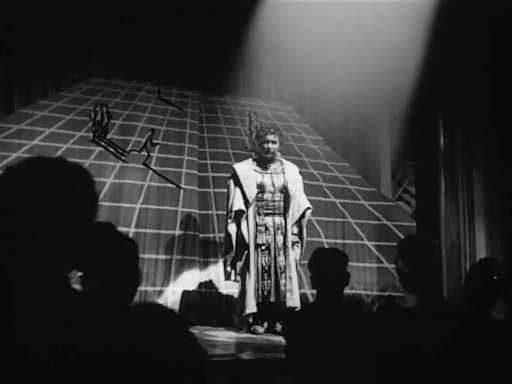I love audiobooks. I’ve found that, especially with big, fat history books, I’m more likely to finish it if someone reads it than if I have to read it myself.
The drawback is that audiobooks are usually .. read .. very .. very .. slow .. ly. So I’ve been experimenting with how to speed them up, more than the +25% my iPod can do. I’ve found a solution. It’s not easy, but it works.
Step 1 – Remove the DRM. I buy audiobooks from Audible, and you can’t just open those in an audio editor. You have to convert them to an unprotected format such as mp3. I use Daniusoft Digital Music Converter to do that. There’s no magic: It just plays the audio silently, for itself, and records it. This means that converting a 20 hour book takes 20 hours. It’s kind of crappy, but it more or less works.
Step 2 – Change the tempo. I use Audacity, an open source audio editor, which allows you to change the tempo – how fast it plays – without changing the pitch. How much you can increase the tempo depends on the narrator. I’ve managed +60% to +90%, ie. almost twice normal speed. Some sounds disappear at higher speeds, but you may still be able to understand the words. There’s no right answer: Just experiment.
Step 3 – If you’re using iTunes, select “Remember playback position” on the options tab for the file, or it won’t remember where you are.
And that’s it.
If you want to hear what this sounds like, here’s a sample from Revolution 1989, at normal speed, +50%, +75% and +100%:

